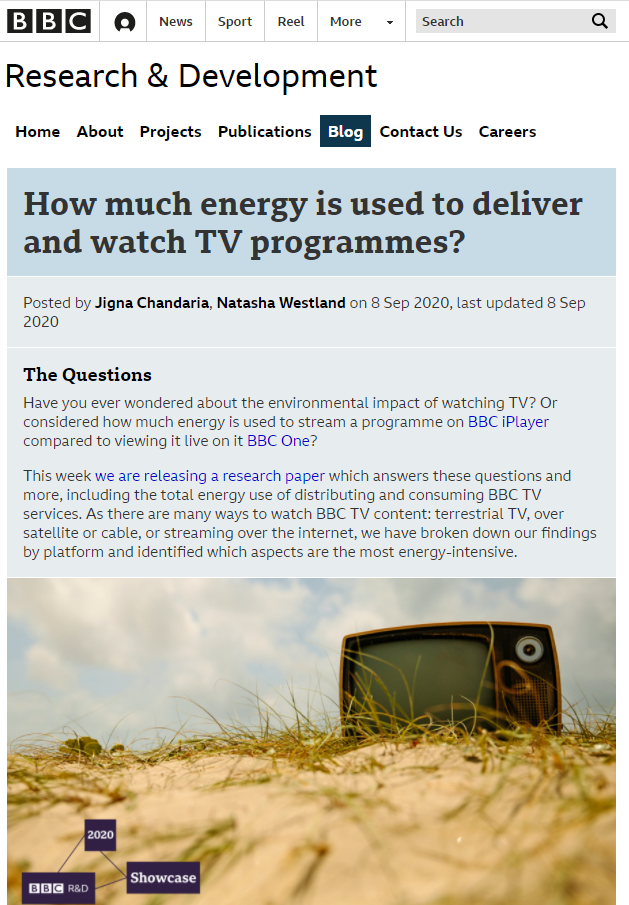
Source
Between May and June 2021 the British public broadcaster will switch off the medium-wave transmitters of another ten local radio stations, because the installations on this frequency range “no longer offer an advantageous quality-price ratio for British citizens”. The migration to digital had been announced ten years ago (in 2011): the first closures began in 2018, followed in 2020 by further deactivations in Scotland, Wales and England. Today, all BBC local radio is receivable on digital terrestrial TV and local DAB multiplexes, on FM or online (via smartphones, computers or smart speakers). Abandoning amplitude modulation will be: BBC Essex; BBC Radio Cambridgeshire; BBC Radio Devon; BBC Radio Leeds; BBC Radio Sheffield; BBC Hereford & Worcester; BBC Radio Stoke; BBC Radio Lancashire; BBC Radio Ulster and BBC Radio Foyle. Two other stations, however, will reduce their coverage area: Radio Wales and Radio Gloucestershire. Listeners are provided with a website https://www.bbc.co.uk/reception/ with alternative listening options, a help line and a telephone for listening advice.


